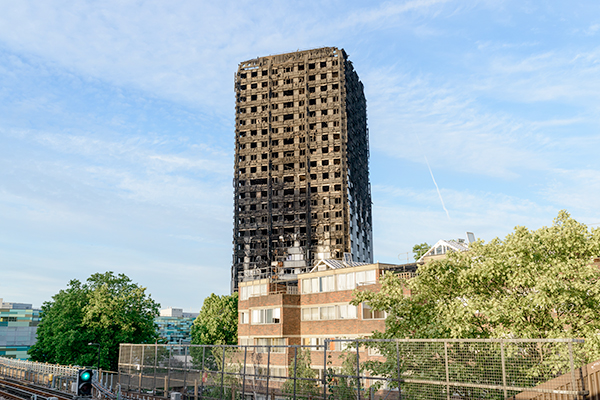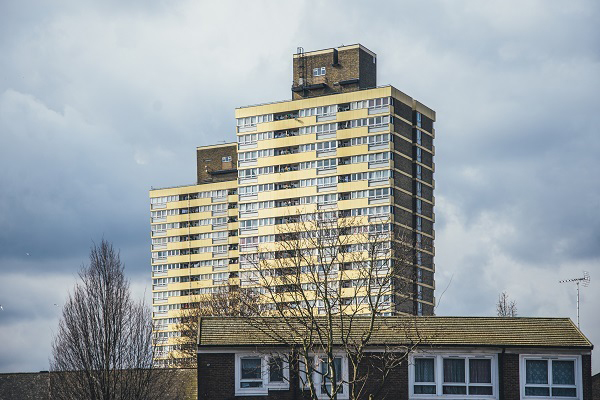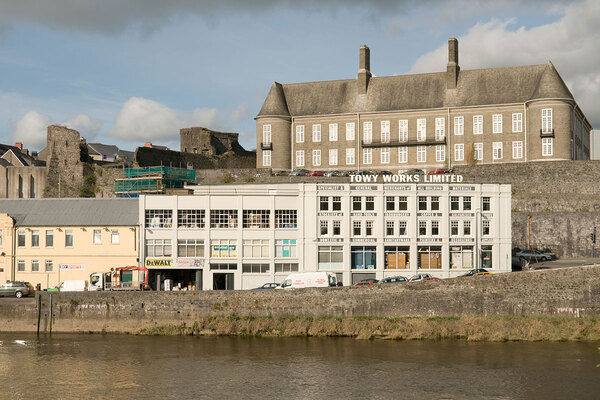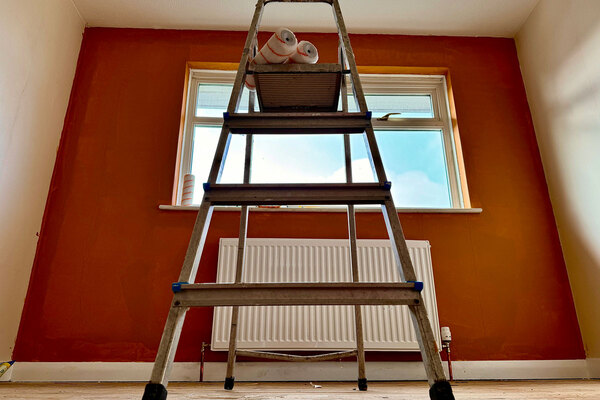You are viewing 1 of your 1 free articles
Large London housing association sees surplus fall due to post-Grenfell costs
A large London housing association has seen its surplus fall as a result of post-Grenfell safety work.
In one of the first housing association annual reports to be released this year, Metropolitan said that after the Grenfell Tower fire last June, it made an additional investment of £13m into the condition and safety of its stock.
This, it said, reduced its lettings margin from 40% to 33% and was mainly responsible for its operating surplus dropping from £117m to £103m.
Over the year, the 38,000-home association spent £84m on property maintenance, up from £73m in the previous year.
Paula Kahn, chair of Metropolitan, and Geeta Nanda, its chief executive, said in the introduction: “The terrible events at Grenfell Tower in June 2017 brought fire safety into sharp focus. Alongside other organisations in the sector, we carried out an in-depth review of our buildings and procedures following the incident.
“We made a significant investment in the general safety of our stock, alongside several one-off investments in our high-rise buildings. We also began work as part of a strategic plan to improve communal spaces and undertake decorative repairs.”
A spokesperson for the organisation said the organisation invested £13m in the condition and safety of our stock, as well as IT upgrade costs and improving the effectiveness of our repairs service, including mobilising our in-house contractor in London.
Metropolitan has also rolled out a training programme for employees across the business “to embed understanding and ensure continued compliance with our newly revised fire safety procedures”.
Overall, Metropolitan boosted its turnover by just over 8% from £266m to £288m. Its operating margin fell in line with its lettings margin, from 44% to 36%.
It built 623 new homes, invested £29m in existing stock and spent £229m acquiring new land and building new homes. It has a development pipeline of 5,870 homes.
The association made £59m of revenue from outright and first tranche property sales in the period, up from £38m. Nevertheless, it blamed the slowdown in house price growth in London on a drop in first tranche sales margin from 33% to 23%.
Its debt as a percentage of equity capital (‘gearing’) at the end of the year stood at 62% of its equity capital.
Meanwhile, Metropolitan is still in talks with Thames Valley Housing Association over a ‘partnership’, announced in January.
The chair and chief executive’s introduction said this partnership will “improve the service we provide to our customers and colleagues”.











